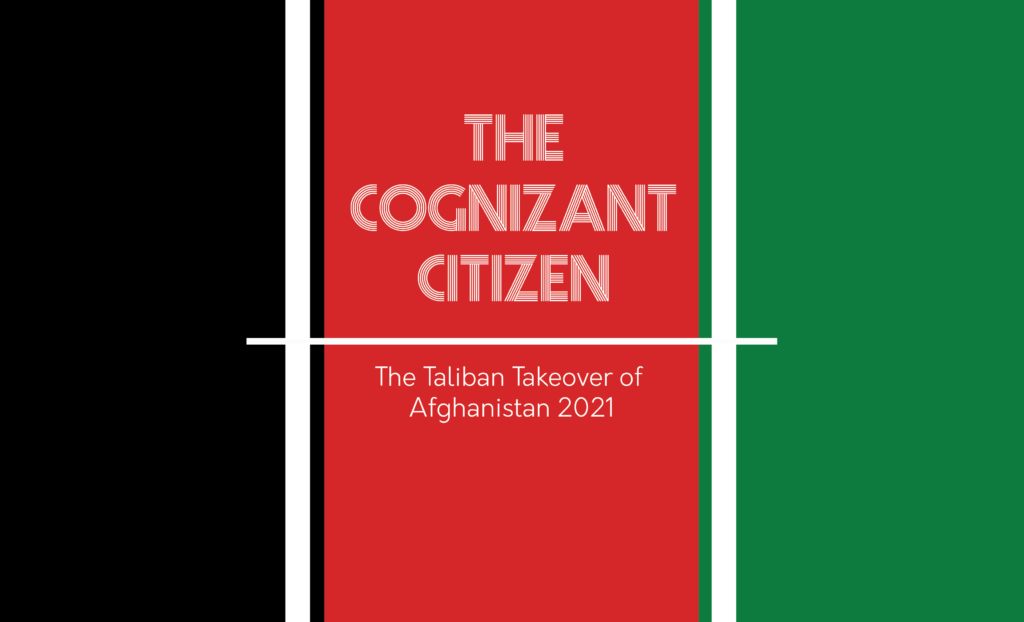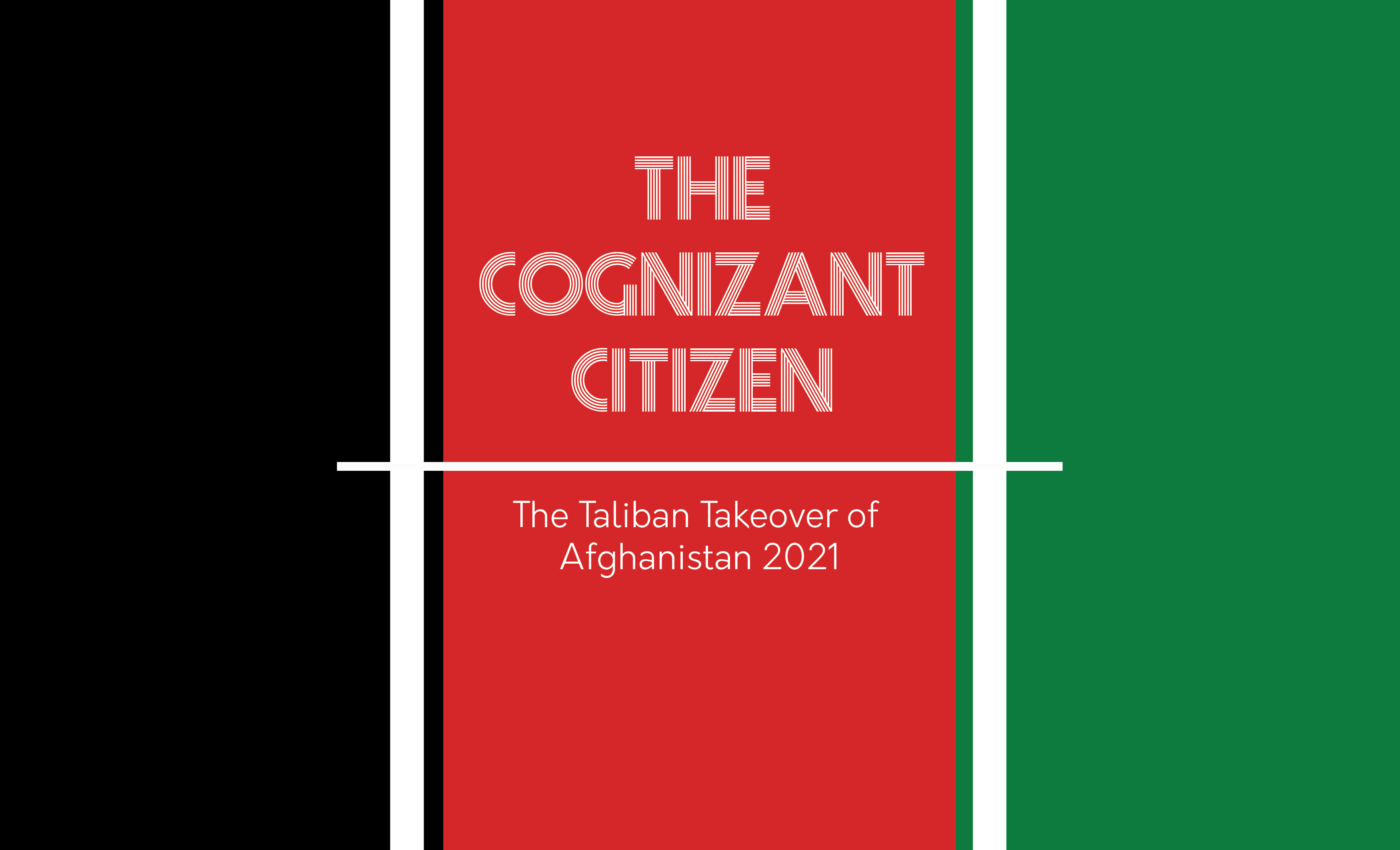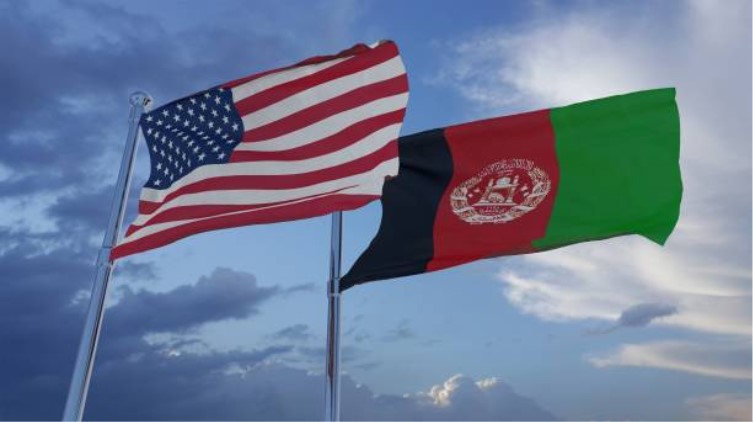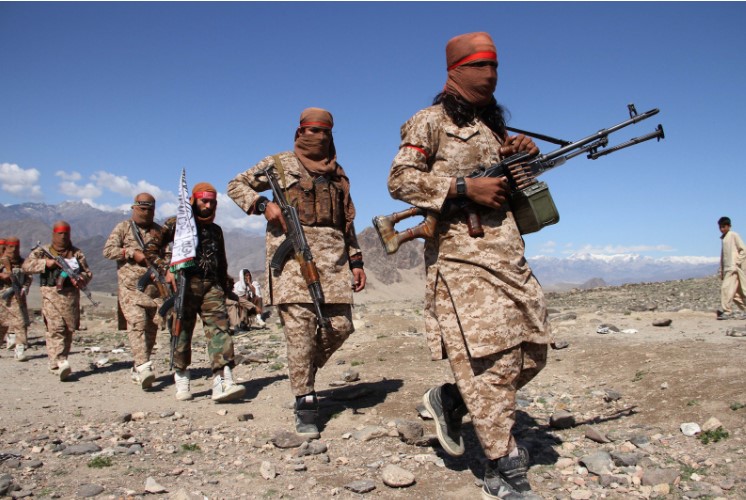
Content Warning: The following article includes mentions of violence, sexual assault and terrorism.
The despicable situation prevailing in Afghanistan has drawn the attention of all the countries towards its alarming plight. The land of traders is fighting for humanity, and the details of its downfall are nothing but affrighting. With innocent civilians juggling between life and death, the militants have begun sowing nightmares as the international forces depart. The global terrorism index declared Afghanistan to be the worst affected country by terrorism on earth in the year 2020. Therefore, the cry for the help of thousands of Afghans needs to be addressed before it is too late.
History of Afghanistan Crisis
One of the fastest-growing populations on the planet, Afghanistan is home to more than 39 million people. Ripped apart by violence for decades, the residents have known nothing but war and fear. Post the assassination of Afghan President Mohammed Daoud Khan in April 1979, the Soviets invaded Afghanistan in December to support the government, which was facing internal strife. The army left as the Soviet Union collapsed, allowing Afghan troops to spearhead the struggle against an American-backed insurgency. The CIA, which had been supporting Afghan insurgent organisations, discontinued its support. The Russians also stopped its financing. Afghanistan was engulfed in a civil war, paving the way for the Taliban to seize control four years later. The Taliban, which means “students” in Pashto, sprang from Islamist warriors in Pakistan and Afghanistan who battled for more than a decade against the Soviet invasion of Afghanistan.
After the Soviet troops withdrew, Mujahideen forces seized Kabul, and the majority of militant organisations signed the Peshawar Accord, establishing a new Islamic state in Afghanistan. Now that communism had fallen, the Taliban emerged to establish Islamic law two years later, claiming they wanted to “clear” the country of territorial warlords and corruption. Only Pakistan, Saudi Arabia and UAE recognised the new Taliban regime. The largest city, Kabul, had been left in shambles following the war. Women were denied the right to work, and girls were forbidden education as per Islamic law. Inevitably, The Taliban took control of the majority of Afghanistan, imposing fundamentalist policies and severe human rights violations.
Afghan-American Relations
After the infamous terrorist attacks of September 11, 2001, which were planned by Al-Qaida’s Osama bin Laden, who was housed by the Taliban regime, America’s longest war started. Terrorists linked to Al-Qaida, hijacked commercial jets and flew them into New York City’s World Trade Center and the Pentagon outside Washington. After the 9/11 attacks, Mullah Omar was given an ultimatum by Washington to hand over Bin Laden and demolish militant training sites or face besiege. Omar stood defiant.
The U.S. military launched a bombing crusade against the Taliban troops with British assistance—Operation Enduring Freedom. By the end of the year 2001, Taliban was pushed out of power in Afghanistan by the U.S. and coalition forces, which led to Al-Qaida splitting up and Osama bin Laden fleeing away. Succeeding the U.S. invasion of Iraq in 2003, Obama unveiled a new plan for Afghanistan in 2009, linking the group’s resurgence in some areas to the Pakistani Taliban. The year 2011 emerged as a massive victory for the U.S. troops stationed in Afghanistan as the assassination of Osama bin Laden was achieved.
The predicament gripping Afghanistan brings to a close more than two decades of American efforts to combat terrorism and convert the country into a functioning democracy. Thousands of American lives have been lost. Over $830 billion of government money has been spent not only on fighting the Taliban, but training the Afghan military, rebuilding parts of the country and trying to establish democracy.
The Escalation of Violence in Afghanistan
On February 29, 2020, a deal on the “path to peace” was signed between America and the Taliban. It paved the way for a significant drawdown of U.S. forces in Afghanistan and the inclusion of the Taliban’s assurance that the country will not be used for terrorism purposes. On April 14, 2021, President Biden declared that the U.S. would not comply with the deadline established by the U.S.–Taliban agreement to remove all soldiers by 1st May, and instead provided a plan for a complete pullout by September 11, 2021. Following the President’s verdict, the Taliban announced that it would not engage in any sort of conference until the complete departure of foreign troops.
As India celebrated its 75th Independence Day on August 15, 2021, Afghanistan fell into the chains of slavery after its government collapsed and President Ashraf Ghani fled the country. Taliban commanders stated that they would meet with Afghan officials for negotiations to form an “open, inclusive Islamic government.” Facing the heat of criticism for his decision, Joe Biden defended that his administration made the right call of ending the involvement of the U.S. military in Afghanistan. He also promised the evacuation of thousands of Afghans who cooperated with the U.S. and extended refugee status access for vulnerable Afghans.
Several heartbreaking photos and videos of Afghans absconding from their homeland went viral on the internet. Fearing the imposition of “harsh interpretation of the Islamic law,” Afghans who worked with the government or the Americans are worried about the possible retaliatory strikes against them.
Taliban in Present Day
Recently acquired footage from Afghanistan shows civilians clinging to aeroplanes to escape the Taliban regime. The silence of prominent international leaders over this blatant violation of human rights indicates that the Taliban would not be facing much resistance as they declare themselves the rulers of Afghanistan. Thus, the setting up of an Islamic state in Afghanistan has dire consequences all across the globe. An authoritarian regime exploiting all resources of Afghanistan to pursue its fundamentalistic goals could spark off similar uprises in other countries.
For Afghan women, the Taliban take over means giving up the freedom they have achieved by fighting over the last twenty years. The Taliban men have never felt so powerful. As scores of women are trying to hide their certificates and coloured nails, the gun-clad men of the Taliban are scouting for any institution established for women and destroying them. According to the Taliban, the only identity a woman is entitled under their regime is to reward their fighters by being objects of sexual satisfaction. As per reports coming in from Afghanistan, the Taliban has already issued directions to the local religious leaders to round up every woman over the age of 15 and any widow under 45, so they could be married to the fighters. These barbaric impositions have shattered the dreams and aspirations of thousands of Afghani women who have been tirelessly working day and night to create an identity for themselves over the past few years.
Under the Taliban regime, a woman is expected to be out in public spaces only if a male relative escorts her. As described in a report released by the Bureau of Democracy in 2001, Human Rights and Labor, a teenage Taliban militant shot down a woman and her crime—rushing her feverish child to a doctor. Taunted by these harrowing memories of Afghanistan under Taliban rule, women appeal to the international community for protection.
Geopolitical Impact of the Taliban Coming Into Power
Many powerful countries, including India, engaged in numerous rounds of negotiation to help reach a truce between the Afghan Government and the Taliban regime. The recent happenings over the past few weeks clearly show that the Taliban has no intention to adhere to the promises they made on International platforms. Their organisation structure and the absence of foreign powers in Afghanistan torpedoed the Taliban into controlling the entire country within a few weeks. As US President Joe Biden is busy defending the decision to pull out troops from Afghanistan and blaming the political leaders for fleeing, civilians are desperately trying to run away from their homeland.
Taliban and their International Media Strategy
Unlike their previous stint as rulers of Afghanistan from 1996 –2001, the Taliban has likely come up with a media strategy to tweak how the rest of the world perceives them. Many of their leaders who have never shown their face in public are now holding press conferences. During a press conference held on August 17, 2021, spokesman Zabihullah Mujahid assured the international community that the Taliban would not let the soil of Afghanistan be a breeding ground for the enemies of their neighbouring countries. The Taliban reassures that women will be allowed to study and work under the constraints posed by the tenets of Islam. Zabihullah Mujahid also guaranteed that media freedom would be protected, and there’ll be no use of force on those who had helped the international community. He also stated that the Taliban do not want the educated and talented people of Afghanistan to leave.
However, holding a press conference wouldn’t gain the trust of those who have witnessed the atrocities under the Taliban’s previous regime. Over the years, the Taliban has inculcated an enormous amount of fear in the people of Afghanistan by repeatedly bombing public spaces as a blatant display of power. Their violent reaction to those who fail to conform to the social, political and religious norms dictated by Sharia law is what’s driving thousands of Afghans to flee their country. A mob of Afghans gathered around CNN journalist Clarissa Ward and her team in a video aired by CNN, seeking her guidance on how to leave their country.
Kabul Airport Blast
Afghan citizens who’ve been ferociously battling for democracy and human rights now feel abandoned. They have to discard their values and ideologies to live through another dark age brought to them by the Taliban takeover. The images and videos coming in from Afghanistan tell us how desperately the civilians want to flee their country. As a nation torn apart by a history of conflicts succumbing to religious fundamentalism again, the future of Afghanistan is bleak. The international community, including India, is closely monitoring the situation in Afghanistan and is giving priority to evacuating foreign nationals. A tiny ray of hope perforates through Afghanistan as civilians carry out protests against the Taliban.
With the situation deteriorating in Afghanistan at an alarmingly increasing rate, it is becoming more challenging to hope for a better tomorrow. On August 26th, a suicide bomber belonging to the Islamic State Struck Khorasan carried out a deadly bomb blast outside Hamid Karzai International Airport. As per the Afghan health officials, the death toll has risen to 180 while the count for the wounded has reached 200, excluding the members of the US troop and a few UK nationals. Initially, there were reports of another explosion nearby Baron Hotel; however, the Pentagon confirmed that there was only one explosion.
Founded in the year 2015, ISIS-K comes in the top four deadliest terrorist organisations of the world. Following the explosion near Kabul’s airport, international leaders expressed their condolences and condemnation. The incident was the goriest day for US troops in Afghanistan since 2011, and it occurred just five days prior to the Biden administration’s timetable for completing the country’s military departure.
Since there are new updates coming in on the situation in Afghanistan everyday, we’ve only covered what has happened till 26th August 2021
Written by Aarushi Verma and George Michael Fernandez for MTTN
Edited by Shranya Shrivastava for MTTN
Featured Image by Vanshika Chanani for MTTN
Images via The Indian Express, The Denver Post, Council of Foreign Relations (CFR)
Sources: The BBC, UN.org, The Indian Express, Economic Times





Leave a Reply
You must be logged in to post a comment.